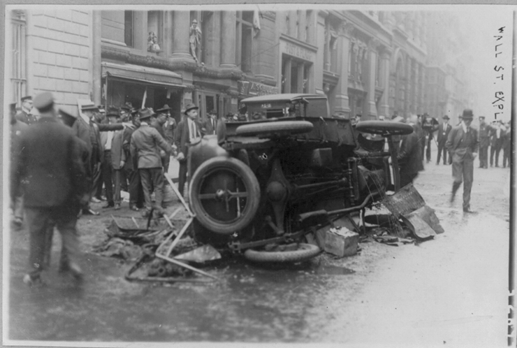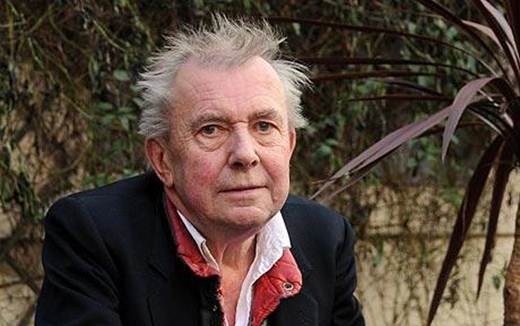Notorious
Sometimes the media hype surrounding a
particularly infamous case will compel someone to confess to the crime, even if
they had nothing to do with it. ‘Many high-publicity cases have these people
coming out of the woodwork,’ says Elizabeth Loftus, director of the Center for
Psychology and Law at the University of California-Irvine. In the 1930s
Lindbergh kidnapping case (during which flying hero Charles Lindbergh’s infant
son was kidnapped), more than 200 people came forward and confessed to the
crime. In LA, in the 1940s, more than 30 people con fessed to killing Elizabeth
Short in the so-called Black Dahlia case, yet the real killer was never found.
But what could the motivation possibly be? ‘Often you are looking at a
pathological need for attention,’ explains psychology professor Saul Kassin.
Notorious serial killer Henry Lee Lucas, for instance, was convicted for 11
murders, but he confessed to hundreds more. Gisli Guõjónsson, a professor of
forensic psychology, believed that Lucas ‘would say and do things for immediate
gain, attention and reaction ... he was eager to please and impress people’
and ‘the notoriety aspect of the confessions was appealing to him’.

Elizabeth
Loftus
Branded
In a particularly bizarre case, a gang
member from Los Angeles was fingered for a crime he had committed years ago —
all because of a telltale tattoo he had on his chest. Murder investigator Kevin
Lloyd was flipping through some mugshots when he came across a bare-chested
photograph of Anthony Garcia, who had been arrested for a minor traffic offence
and released soon after. The details of his chest tattoo rang a bell with
Lloyd, and after closer investigation, he realised that it was, in fact, a
murder confession — the tattoo detailed a crime scene from an unsolved 2004 murder,
right down to the Christmas lights hanging from the roof of the liquor store
where 23-year-old John Juarez had been shot. Posing as gang members, police
officers tricked Garcia into confessing, as he bragged to them about getting
away with it. ‘He was proud of what he did,’ says district attorney Brock
Lunsford. ‘His arrogance just got the better of him.’ Garcia will be sentenced
on 18 May, and faces 65 years in prison. ‘Think about it. He tattooed his
confession on his chest. You have a degree of fate with this,’ said Captain
Mike Parker.

In
a particularly bizarre case, a gang member from Los Angeles was fingered for a
crime he had committed years ago — all because of a telltale tattoo he had on
his chest.
Guilt-ridden
After the release of the 2004 film, The
Passion of the Chirist, police reported a surge in criminals coming forward to
confess to crimes — some committed a decade before.
At the scene of a burglary in Mesa,
Arizona, a man walked up to police and apologised for breaking into the building
eight minutes before. He also confessed to six other burglaries, saying that he
had watched the Mel Gibson film with his mother and felt guilty.

In
Norway, a neo-Nazi turned himself in for bombing anarchist squatters in 1994
and 1995.
In Norway, a neo-Nazi turned himself in for
bombing anarchist squatters in 1994 and 1995. After two years on the run, bank
robber James Anderson walked into a Florida police station and turned himself
in. ‘According to the sheriff’s office spokesperson, he said: ‘I saw The
Passion and that made my decision’. He even urged the detective to also go and
see the film.
Unscripted
A few years ago, during the filming of BBC
show Inside Out, 70-year- old broadcaster Ray Gosling made an unexpected
confession, telling viewers that he had carried out a mercy killing. The
30-minute show was about death and dying, and had apparently moved Ray to conic
clean about his own experience. He told viewers: ‘Maybe this is the time to
share a secret I have kept for quite a long time. I killed someone once. He was
a young chap, he’d been my lover and he got Aids. In a hospital one hot
afternoon, the doctor said, “There’s nothing we can do,” and he was in
terrible, terrible pain. I picked up the pillow and smothered him until he was
dead. The doctor came back and I said, “He’s gone”. Nothing more was ever
said.’

A
few years ago, during the filming of BBC show Inside Out, 70-year- old
broadcaster Ray Gosling made an unexpected confession, telling viewers that he
had carried out a mercy killing.
He was arrested soon after on suspicion of
murder and viewers accused him of trying to revive a dying career or covertly
campaigning for assisted dying. He denied this, saying that the apparent
confession was unplanned. ‘I had had a week or two talking to people who’d told
me of the pacts they had had — some fulfilled with wives, lovers, husbands, who
were dying in pain ... i did not expect to cause this fuss. I’m not joining any
cause. I said it out of my heart, out of my feeling for people who had told me
their intimate private stories, and it got out of hand.’
After a lengthy police inquiry Gosling
faces up to six months in jail for apparently wasting the police’s time.